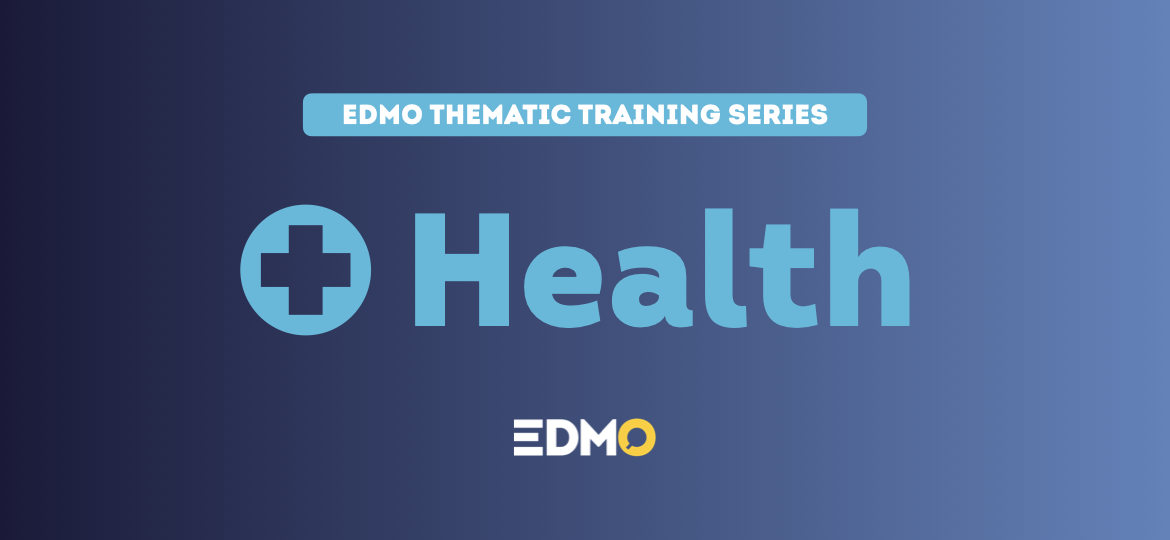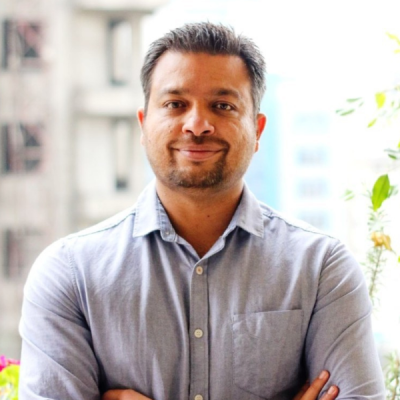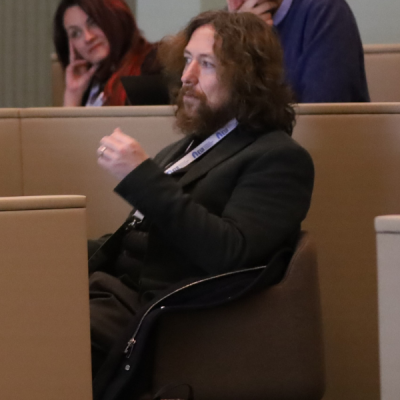Key take-aways from this module
The first trainer, Ravi Sreenath, built on the experience acquired in Ripple Research to analyse health disinformation’s complexity, due to factors such as its multiplicity, forms of manifestation, and its linkages to other sectors. Health disinformation spans beyond Covid-19 and vaccines, targeting broader common topics including veganism and plant-based diets, sunscreen, fluoride, and birth control.
Examples were provided of health disinformation using various tactics such as fearmongering, appeals to authority, creating doubt and distrust through oversimplification or conspiracy theories. Regarding its manifestation, disinformation manipulates public attitudes by exploiting behavioral and cultural factors, as seen in tobacco marketing and dietary choices linked to masculinity, patriotism, tradition or liberty. Misleading figures (e.g., “Dr.” prefixes) and emotional appeals are often used to legitimise false claims.
Additionally, Sreenath emphasised how health disinformation’s impact is intertwined with political ideologies, economic interests, and social dynamics. Most notably, the trainer mentioned the phenomenon of “health washing” animal products, namely exaggerating their benefits while dismissing alternatives as harmful, as well as the label “soy boy”, which in 2024 was strategically used to manipulate public opinion and obstruct progress on key issues like climate action, progressive policies, and healthy diets.
On a different note, Sara Beatriz Monteiro presented the approach adopted by Viral Check, the first Portuguese fact-checking newspaper exclusively dedicated to health and wellness. Viral Check relies on a number of “ingredients” to combat disinformation. Empathy and non-ostracizing communication are encouraged to help them see things from the reader’s perspective.Clear and understandable – albeit scientifically rigorous – language is used, with an informative and educational tone, rather than judgmental and patronising.
Overall, the newspaper aims to encourage the reader’s autonomy. Therefore, transparency is ensured concerning the fact-checking process, and readers are informed about potential risks, good practices, and about how the scientific method works. Viral Check also ensures diversity of formats and distribution channels, to be present in the same places where disinformation is disseminated and encourages training sessions and workshops on media literacy and fact-checking. Finally, Sara Beatriz Monteiro underlined the importance, for disinformation experts, of questioning one’s own work and personal biases.
The importance of empowering the users was also emphasized by the third trainer, Keith Kiely, from BROD. Kiely presented their work on misinformation in health-related domains and its risks for public health, through a case-study on statins. The study uses an innovative, enactive theory-based approach due to the failure of traditional approaches in addressing cognitive and emotional factors driving belief in misinformation.
The purpose of the study is, firstly, to improve, through educational intervention, the ability to identify logical fallacies and, secondly, to assess how context affects this ability. The study takes three starting contextual factors into consideration, such as healthcare, neutral contextual factors, and political factors. The consequent envisioned step would be to write a case study based on statins and misinformation. Online sources show that statins are represented in the online environment as dangerous or having negative side effects for people who take them.
The ultimate goal of the project is to develop a plugin into a browser which can read a webpage and identify within that text any examples of what it sees as a logical fallacy. This would give users a sense of agency, by empowering individuals to navigate the digital information landscape critically and resist misleading narratives.
Meet your Trainers
Ravi Sreenath is the co-founder at Ripple Research, a Switzerland-based research advisory firm that equips impact-driven organizations with actionable insights into how people think, feel & behave on today’s most pressing global issues. He is a recognized expert on the spread & impact of misinformation, particularly in the contexts of climate change, public health & digital threats to democracy. In 2022-23, Ravi led the Infodemic Management unit at WHO-Europe. He advises governments, NGOs & UN agencies on navigating these critical challenges.
Sara Beatriz Monteiro is a journalist at Polígrafo and the Director of Viral Check, Portugal’s first health-focused fact-checking newspaper. With a background in radio an online journalism at TSF and Rádio Renascença, she has also coordinated three projects funded by the European Media and Information Fund (EMIF): FACTUAL, addressing climate change disinformation; NATURAL, focusing on natural product myths; and FEED, which targets misinformation related to food, nutrition, and eating behavior.
Dr. Keith Peter Kiely is an experienced researcher at the GATE Institute and is the Scientific Coordinator for the Bulgarian Romanian Observatory of Digital Media (BROD). He has over 9 years of experience in data analysis and research in both industry and academia. Dr. Kiely holds a MA in international studies from the University of Limerick, Ireland and a Ph.D. from Queen’s University Belfast in Politics.
Target Audience
The training series is open to all stakeholders working to tackle disinformation as well as public health policy experts interested in questions related to disinformation.
Deadline
6 February 2025, 13:00 CET.
Applications are now closed



